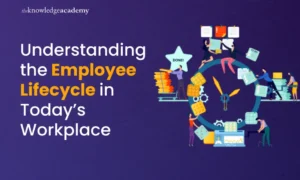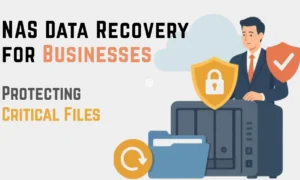Imagine a world where sharing a massive file across continents is as easy as clicking a button. That’s the kind of digital revolution torrents brought to us in the early 2000s. These days, when we talk about sharing files online, torrents often come to mind as a game-changer. They’ve made distributing and accessing everything from blockbuster movies to academic research papers incredibly efficient. But it’s not all smooth sailing. Torrents, for all their technical wizardry, find themselves mired in a fair bit of misunderstanding and controversy.
What are Torrents?
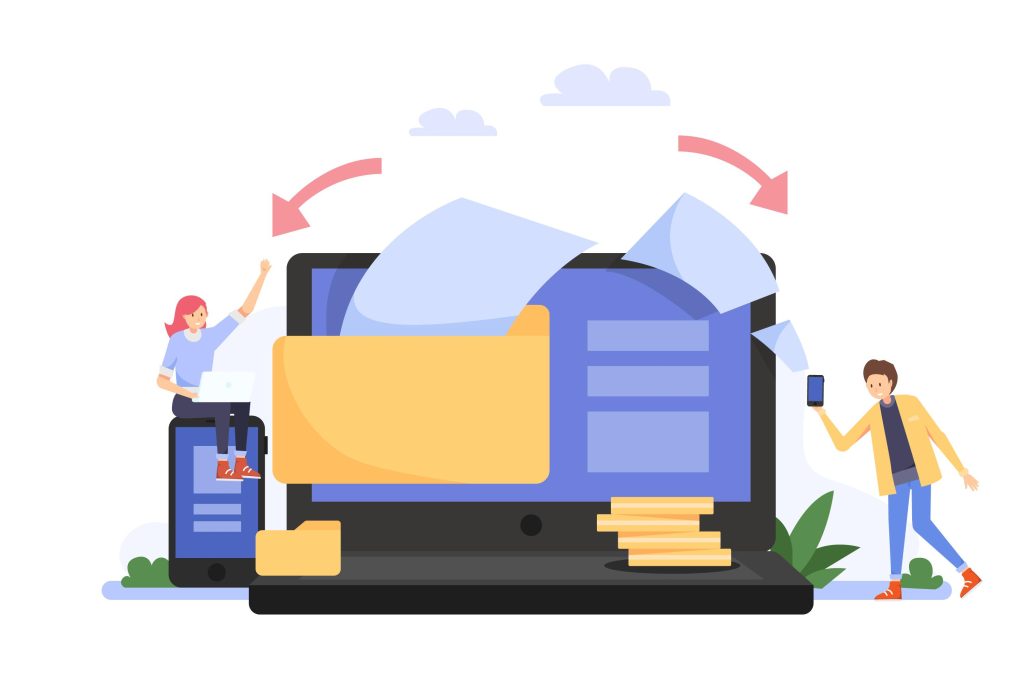
Torrents represent a revolutionary method of digital file sharing, leveraging the power of peer-to-peer (P2P) networks. At their core, torrents are a way to distribute files across multiple computers without relying on a single server. This system stands apart from traditional file-downloading methods, offering a more collaborative approach to sharing everything from large software files to multimedia content. The use of torrents has gained immense popularity due to its efficiency in handling large files and the ease with which it enables users across the globe to share and access content.
How Do Torrents Work?

The operation of torrents is a marvel of modern networking. It begins with a torrent file which is a small file that acts as a roadmap, directing your computer to parts of the target file that are stored on other users’ systems. When you download a torrent, your computer connects to a network of peers – each holding pieces of the file you seek. Your computer then downloads different segments of the file simultaneously from these peers. This decentralized and simultaneous method not only speeds up the download process but also keeps files readily available, even those that are rare or less commonly found. Once a user has downloaded the entire file, they can choose to remain in the network as a ‘seeder’, contributing their copy of the file for others to download, thus sustaining and enhancing the torrent ecosystem.
Benefits of Using Torrents
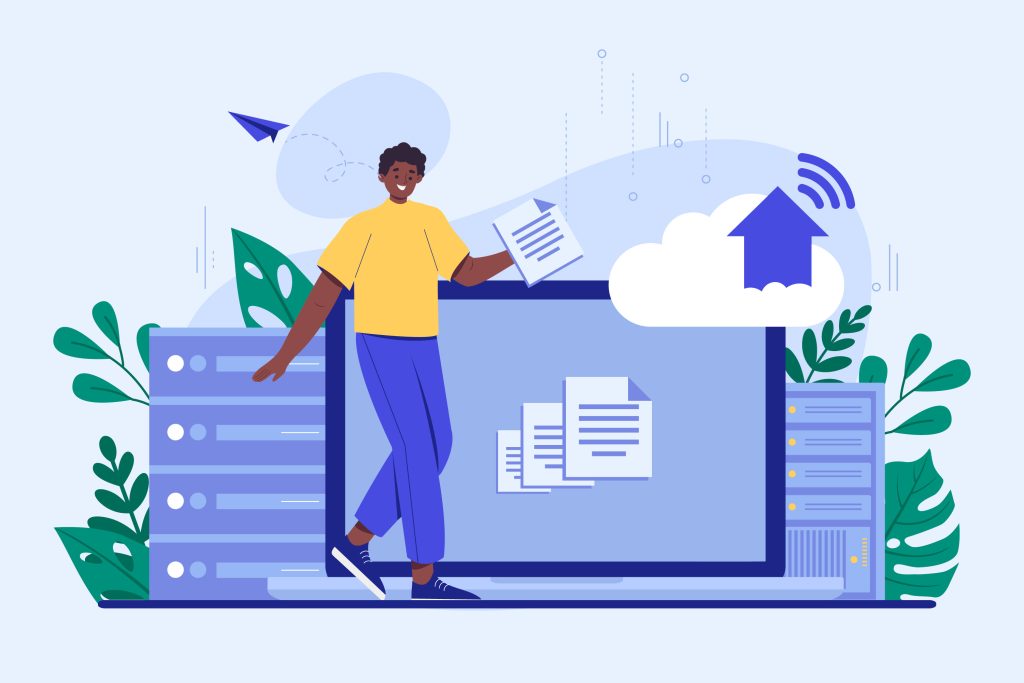
1. Efficient Distribution of Large Files
When it comes to sharing big files, like those huge HD movies or massive software sets, torrents are a game-changer. What they do is pretty smart – instead of dumping the whole load on a single server, they spread it out. Imagine a bunch of friends each carrying a piece of a giant puzzle; that’s how torrents work. They split the file into chunks and shared it across a whole bunch of people’s computers.
This way, no single computer gets bogged down, and the whole download process zips along much faster. It’s not just about speed though; this method also means downloads are more reliable and don’t get stuck. In a nutshell, torrents turn the daunting task of moving big files around into something a lot smoother and quicker.
2. Cost-Effectiveness
Think of torrents as a budget-friendly way to share files. Unlike traditional methods where you’d need a big, costly server to host your files for others to download, torrents mix things up. They let everyone in the network chip in. It’s like everyone passing around pieces of a file directly to each other, with no middleman involved. This cuts down a lot on costs because you’re not relying on some expensive hosting service. It’s great for regular folks or smaller outfits that want to share big files without breaking the bank. In a way, torrents level the playing field, making it easier and cheaper for anyone and everyone to share stuff online.
3. Availability of Rare Content
Torrents are like a treasure trove for hard-to-find stuff. You know those old TV shows, rare albums, or out-of-print books you can’t find anywhere else? Torrents can be your golden ticket to them. It’s all thanks to how they work. Since everyone in the torrent world is sharing bits and pieces from their collections, you get access to a massive, diverse library.
This isn’t your usual store shelf; it’s more like a giant, global swap meet where you find gems hidden in plain sight. Whether it’s a vintage game, a documentary from decades ago, or just some quirky indie film, chances are, someone, somewhere is sharing it on a torrent. It’s this mix of the rare, the nostalgic, and the unique that makes torrents a go-to for those who love digging up rare digital finds.
4. Faster Download Speeds
Torrents can turbocharge your download speeds. Imagine a busy cafeteria where everyone’s sharing food. If more people are offering you a piece of pie, you get your whole pie faster, right? That’s how torrents work.
When more people (we call them ‘seeders’) have the file you want, each chip in a part of it. This sharing spree means you can download way faster than you would if you were getting the whole thing from just one place. It’s like tapping into a bunch of small streams to make a big river. So, if you’re looking to get your hands on a big file quickly, torrents are your best bet, provided there are enough generous seeders around.
5. Community Ethos
There’s something communal about the way torrents work. Think of it like a neighborhood potluck where everyone brings a dish to share. In the torrent world, every time someone downloads a file and then leaves it on their computer for others (that’s what we call seeding), they’re adding to the feast. It’s this act of sharing and helping out that keeps the whole system running smoothly. Everyone chips in a bit, and return, they get access to a whole lot more. It’s not just about grabbing what you need; it’s about sticking around to help the next person get their bit too. This spirit of cooperation and mutual support is what makes the torrent community tick, ensuring that everyone gets a fair shot at accessing all sorts of files.
6. Resilience to Disruptions
Torrents are like those unflappable friends who pick up right where you left off, no matter how long it’s been. Do you know how frustrating it is when you’re downloading something the old-fashioned way and it cuts off? You usually have to start all over again. But with torrents, it’s a whole different ballgame. If your internet goes on the blink or you need to pause the download for some reason, no sweat. Torrents remember exactly where you stopped and pick up from there. So, if you’re dealing with a spotty internet connection or just can’t finish a download in one go, torrents are your best bet. They’re patient, they don’t forget, and they make sure you get the whole file, bit by bit, no matter what.
7. Decentralization
What’s cool about torrents is how they spread things out – it’s all about decentralization. Instead of putting all the eggs in one basket (like a single server), torrents scatter files across a bunch of different users’ computers. Think of it like a community garden where everyone’s growing a bit of everything. If one spot gets hit by bad weather, there’s still plenty left. This way, torrents dodge the big issue of having a single point that could fail. No single server crash or censorship move can wipe out a file because it’s not just sitting in one place – it’s everywhere. This setup makes sure that files are not just more available but also more resilient, kind of ensuring that the data stream keeps flowing, no matter what.
8. Multi-Platform Accessibility
One of the best things about torrent clients is that they’re like the Swiss Army knife of file-sharing – they work pretty much everywhere. Whether you’re a Windows fan, a macOS enthusiast, a Linux user, or always on your smartphone, there’s a torrent client for you. It doesn’t matter what device you’re using, these clients have got you covered. This kind of universal compatibility means you can jump into the world of torrents from any device, making it super convenient to share and download files. It’s like having a key that opens doors across all sorts of digital platforms, ensuring that everyone gets to join in on the torrent fun, no matter their tech of choice.
9. Quality Control
Think of torrents as having their built-in review system, kind of like an online store but for files. The cool part is, that it’s all run by the users themselves. When a file gets popular, you’ll see a bunch of comments and ratings popping up from folks who’ve already downloaded it. This is super helpful because it’s like getting a heads-up from a friend about what’s good and what’s not. You get to know if the file is the real deal, if it’s good quality, or if it’s just a dud. It’s like a community watchdog system that helps you avoid downloading something that’s either a letdown or worse, a fake. So, before you hit that download button, you’ve got a whole bunch of torrent buddies helping you make sure you’re picking the right stuff.
10. Previewing Files
This feature comes in super handy, especially with things like movies or music albums. You can check if the file is really what you’re after and if the quality’s up to snuff. It’s a bit of a time-saver because you don’t end up downloading something only to find out it’s not what you wanted or it’s just plain bad. Plus, it saves you from using up your internet data on a file that’s not worth it.
Cons Of Using Torrents
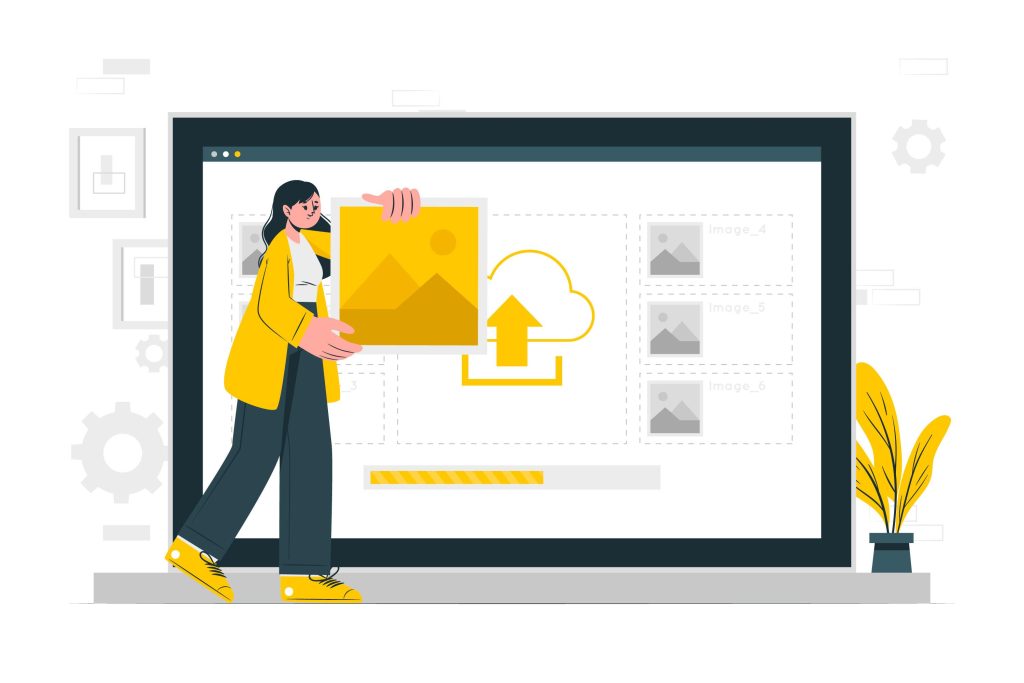
1. Risk of Malware
When you’re downloading through torrents, it’s a bit like picking apples in an orchard where some of the fruit might not be good. The catch with torrents is that you’re getting files from people you don’t know, and there’s no telling what might be hitching a ride inside them. These files could be carrying anything from simple viruses to tricky spyware, and sometimes even more complex malware that could put your computer’s security at risk. That’s why being careful is key. It’s wise to have good antivirus software as your sidekick and to keep your eyes peeled for any signs of suspicious files when using torrents.
2. Legal Issues
The thing about torrents is that they walk a fine line legally. It’s not that the technology itself is against the law, but it’s often used in ways that can get you into hot water. Picture this: you’re sharing or downloading files, but they’re not just any files – they’re ones that someone else has the rights to. Doing this without permission is like playing with fire because it breaks copyright laws. And if you get caught, it can lead to some serious trouble, like hefty fines or even legal battles. That’s why it’s super important to know what you’re dealing with when you use torrents. It’s all about making sure you’re not stepping over the line into territory that could land you in legal trouble.
3. Privacy Risks
When you’re downloading or sharing files, it’s like you’re putting up a digital sign with your IP address on it for everyone else in the torrent network to see. This is kind of like letting people know where you live in the online world. The downside? It’s not just friendly peers who might take a peek; it opens a window for others to potentially track what you’re up to on the internet. This is why some folks who are big on keeping their online life private turn to VPNs or other tools that help hide their digital tracks. Using these tools is like putting on a digital disguise, helping you stay more anonymous when you’re torrenting.
4. Inconsistent Speeds
While torrents can offer fast download speeds, this is heavily dependent on the number of seeders and their bandwidth. In cases where there are few seeders or if their upload speed is limited, the download speed can be significantly slower. This inconsistency in download speeds can be frustrating, especially for large files, and is a notable drawback compared to more stable speeds offered by direct downloads from dedicated servers.
5. Seeder Dependence
The performance of torrents heavily relies on seeders – users who have the complete file and share it with the network. The availability and download speed of a torrent directly depend on the number of active seeders. If a file has few seeders or worse, none at all, it becomes challenging or even impossible to download. This dependence on seeders can lead to significant inconsistencies in downloading experiences, particularly with less popular or older files.
6. Intellectual Property Concerns
Torrents can get tricky when it comes to intellectual property. It’s like this: while torrents are a great tool for sharing, sometimes what gets shared isn’t supposed to be. A lot of times, people use torrents to pass around movies, music, or books that legally belong to someone else. It’s kind of like borrowing your neighbor’s bike without asking – not cool, and not legal. This kind of sharing steps on the toes of the folks who created the content, and if you’re caught doing it, both you and the person who shared it could face some serious legal heat. It’s a big reminder that, with torrents, you’ve got to be extra careful to play by the rules and respect the creators’ rights.
7. ISP Sanctions
Internet Service Providers (ISPs) can take a dim view of torrenting, primarily because it can consume significant bandwidth and is often associated with illegal file sharing. Some ISPs may penalize users engaged in torrenting by throttling their internet speeds or, in more severe cases, taking legal action against them. These sanctions can range from temporary speed restrictions to complete cessation of internet services, adding a layer of risk for regular torrent users.
8. Limited Quality Control
The quality control for files shared via torrents is often limited. Unlike official platforms where content undergoes rigorous quality checks, torrents depend on users for content distribution, which means the quality and reliability of files can vary greatly. There’s always a risk of downloading files that are of poor quality, corrupted, or not what they claim to be, making it important for users to rely on community feedback and be cautious with their downloads.
9. Data Corruption
A notable risk when using torrents is the possibility of data corruption. As files are downloaded in small pieces from multiple sources, there’s a chance that some of these pieces might be corrupt or incomplete. This can happen due to technical glitches, transmission errors, or maliciously altered files. Data corruption not only affects the quality and usability of the downloaded file but can also necessitate restarting the download process, leading to frustration and a waste of time and bandwidth.
10. Network Congestion
Torrents can contribute to network congestion, particularly in networks with limited bandwidth. Since torrenting often involves downloading and uploading large amounts of data simultaneously, it can consume a significant portion of the available bandwidth. This high usage can slow down the network for other users, affecting overall internet speed and performance. In environments like shared networks or those with data caps, heavy torrent traffic can lead to noticeable slowdowns and may even trigger bandwidth throttling by ISPs.
Conclusion
Torrents have changed the game in sharing big files fast and getting your hands on hard-to-find stuff. But they’re not without their hiccups, like malware scares and some legal grey areas. It’s all about being smart and careful in how you use them.


